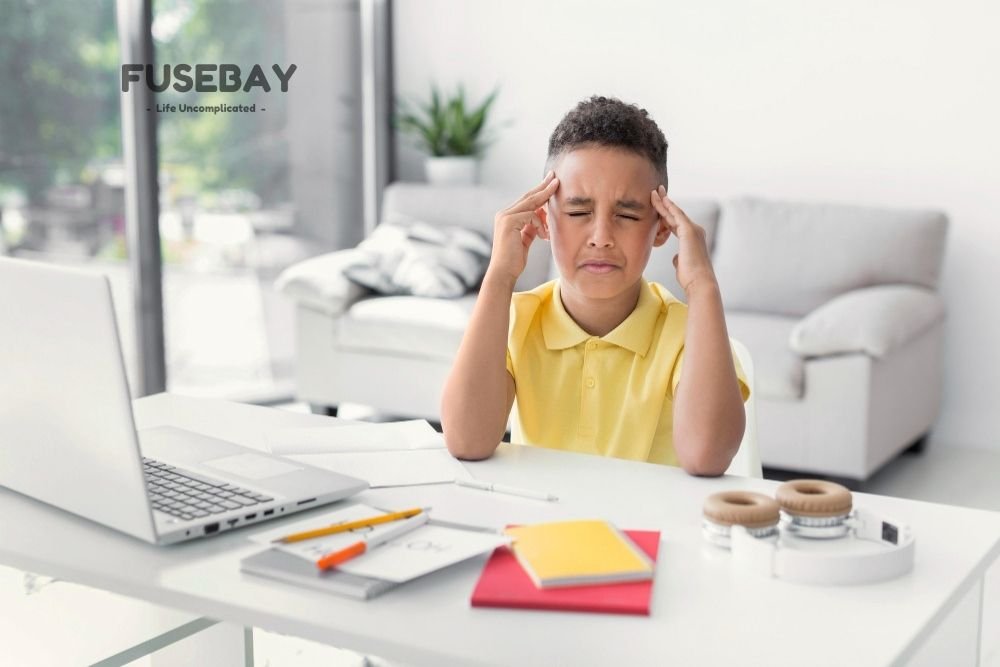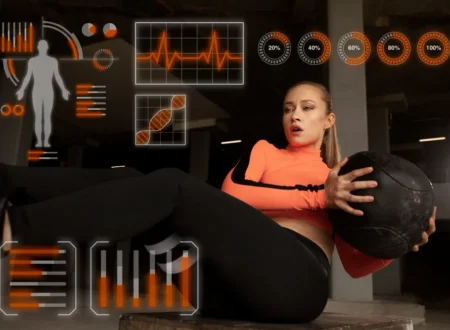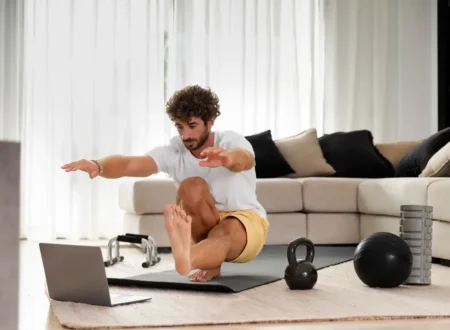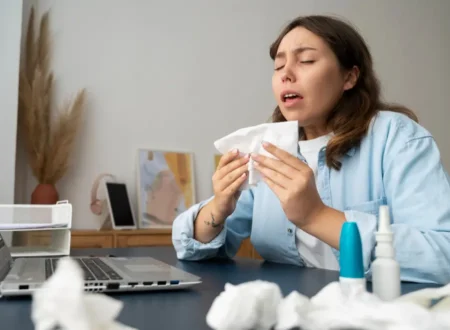How to Deal with ADHD Without Medication:
Dealing with ADHD without medication is a viable approach for individuals seeking natural ways to manage symptoms such as inattention, hyperactivity, and impulsivity. Attention-Deficit/Hyperactivity Disorder can be challenging, but with the right strategies, it is possible to thrive without relying on pharmaceuticals. By focusing on lifestyle adjustments, mindfulness practices, and supportive routines, individuals can improve focus, reduce stress, and lead fulfilling lives. This article explores comprehensive techniques on how to deal with ADHD without medication, offering practical advice for better management. Whether for yourself or a loved one, these methods can serve as powerful tools for empowerment and growth.
Understanding ADHD and Its Impact
ADHD is a neurodevelopmental condition characterized by persistent patterns of inattention, hyperactivity, and impulsivity. These symptoms can interfere with daily functioning, academic performance, workplace productivity, and personal relationships. For those looking to manage ADHD without medication, the journey involves adopting holistic practices to foster mental, emotional, and physical well-being.
Creating a Structured and Predictable Environment
A predictable and organized environment can significantly reduce stress and enhance focus for individuals with ADHD.
- Develop Daily Schedules: Use calendars, apps, or planners to create clear timelines for tasks, appointments, and relaxation periods. Breaking assignments into reasonable advances and setting cutoff times guarantees consistency.
- Establish Dedicated Spaces: Define specific areas for work, study, and leisure. For example, a clutter-free desk for study can boost concentration, while a cozy corner can serve as a relaxation zone.
- Implement Visual Cues: Use charts, sticky notes, or whiteboards as visual reminders for tasks or routines. Color-coded systems can further aid in quick comprehension and organization.

Enhancing Time Management Skills
Time management is a common hurdle for those with ADHD, but certain techniques can make it more manageable.
- Adopt the Eisenhower Matrix: Categorize tasks into urgent, non-urgent, important, and non-important to prioritize effectively.
- Set Timers: Use countdown timers or alarms to create boundaries for tasks, helping to combat procrastination.
- Chunk Activities: Break larger projects into smaller, achievable tasks. This approach reduces overwhelm and provides a sense of accomplishment after completing each step.
Integrating Mindfulness and Meditation Practices
Mindfulness techniques are scientifically proven to enhance attention span and emotional regulation, making them invaluable for managing ADHD symptoms.
- Daily Mindfulness Practice: Spend 10–15 minutes each day focusing on your breath or sensations to ground yourself in the present.
- Mindful Journaling: Reflect on your thoughts and feelings through journaling, which promotes self-awareness and emotional clarity.
- Body Scans: Practicing body scans can help individuals with ADHD reconnect with their physical sensations, fostering relaxation and focus.

The Role of Nutrition and Physical Activity
Diet significantly influences brain health and energy levels, making nutrition a cornerstone of ADHD management.
- Focus on Whole Foods: Integrate new natural products, vegetables, and entire grains, and incline proteins toward your feast.
- Boost Brain Power with Omega-3s: Foods like salmon, chia seeds, and flaxseeds are rich in omega-3 fatty acids, which are linked to improved cognitive function.
- Monitor Food Sensitivities: Certain foods may exacerbate ADHD symptoms in some individuals. Keeping a food journal can help recognize and wipe out triggers.
Exercise is a natural way to boost dopamine levels and improve focus, memory, and mood.
- Engage in Aerobic Exercise: Activities like running, swimming, and cycling improve cardiovascular health and help release pent-up energy.
- Incorporate Strength Training: Resistance exercises like weightlifting not only build physical strength but also enhance mental discipline.
- Practice Coordination-Boosting Activities: Dance, martial arts, or yoga involve movement and mental focus, offering dual benefits for the ADHD brain.

Developing Effective Coping Mechanisms
Strong coping mechanisms are essential for long-term success in managing ADHD symptoms.
- Set Realistic Expectations: Understand your limits and avoid overcommitting, which can lead to burnout.
- Learn Stress-Reduction Techniques: Practices like progressive muscle relaxation or guided imagery can lower anxiety and improve focus.
- Celebrate Small Wins: Reward yourself for achievements, no matter how small, to maintain motivation and build confidence.
Improving Sleep Hygiene
Sleep disturbances are common in individuals with ADHD, yet quality rest is critical for optimal brain function.
- Create a Relaxing Evening Routine: Incorporate calming activities like reading, meditation, or taking a warm bath before bed.
- Limit Screen Time: Reduce exposure to screens at least an hour before bedtime to promote natural melatonin production.
- Maintain a Consistent Schedule: Go to bed and wake up at the same time daily to regulate your body’s internal clock.

Utilizing Professional Support
Seeking guidance from professionals who specialize in ADHD can provide additional tools and insights.
- Behavioral Therapy: Therapies like Cognitive Behavioral Therapy (CBT) help individuals identify unproductive thought patterns and develop actionable solutions.
- ADHD Coaching: Coaches provide personalized strategies for improving organization, managing emotions, and achieving goals.
- Educational Workshops: Joining workshops or support groups offers access to resources and shared experiences with others managing ADHD.
Building Strong Relationships
ADHD can sometimes strain interpersonal relationships, but building understanding and effective communication can help.
- Educate Loved Ones: Share resources and insights about ADHD with friends and family to foster empathy and support.
- Practice Active Listening: Focus on understanding the perspectives of others to reduce misunderstandings.
- Set Boundaries: Communicate your needs and limits to avoid overextending yourself socially or emotionally.

Leveraging Technology to Aid ADHD Management
In today’s digital age, various tools can help streamline daily life and improve focus.
- Task Management Apps: Platforms like Asana, Trello, or Todoist are excellent for organizing projects and tracking progress.
- Focus-Enhancing Apps: Apps like Forest or Focus@Will use gamification or curated music to sustain attention.
- Pomodoro Timers: Digital timers specifically designed for the Pomodoro technique can help enforce structured work periods.
Channeling Energy into Hobbies and Interests
Engaging in hobbies not only provides a creative outlet but also channels hyperactivity constructively.
- Artistic Pursuits: Painting, photography, or music allows self-expression and improves concentration.
- Physical Hobbies: Activities like rock climbing or hiking combine physical exertion with a mental challenge, which is ideal for ADHD.
- Community Engagement: Volunteering or joining local groups provides structure and the opportunity to form meaningful connections.

Managing Digital Distractions
With the rise of smartphones and social media, digital distractions are a significant challenge for individuals with ADHD.
- Implement Screen Time Limits: Use app blockers or timers to manage time spent on non-essential apps.
- Create Tech-Free Zones: Designate areas or times of the day where technology is off-limits.
- Curate Notifications: Turn off unnecessary notifications to minimize interruptions during focus-intensive tasks.
Practicing Self-Compassion and Patience
Managing ADHD is a continuous journey that requires self-kindness and resilience.
- Acknowledge Progress: Regularly reflect on how far you’ve come, rather than focusing solely on setbacks.
- Embrace Flexibility: Understand that strategies may need adjustment over time and be open to experimenting with different approaches.
- Seek Inspiration: Read stories or watch interviews of others successfully managing ADHD to stay motivated and inspired.
Conclusion
Understanding how to deal with ADHD without medication requires a commitment to holistic and sustainable practices. From building structured routines to incorporating mindfulness, exercise, and balanced nutrition, non-pharmaceutical approaches can address ADHD symptoms effectively. While the journey may involve trial and error, the benefits of improved focus, better emotional regulation, and enhanced overall well-being make it worthwhile. By seeking professional guidance and embracing supportive habits, individuals with ADHD can live balanced, productive lives without the need for medication.
Discover amazing information and unique finds on FuseBay! Don’t miss out—visit our website for exclusive articles and top-notch blogs tailored just for you!







